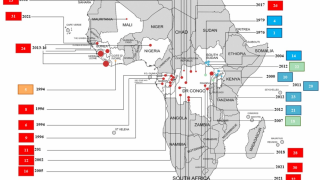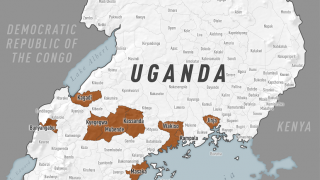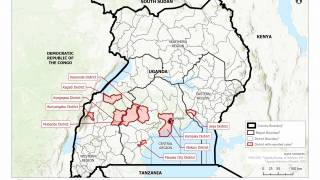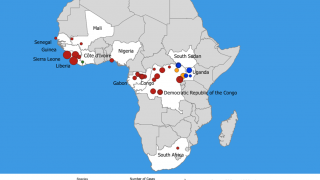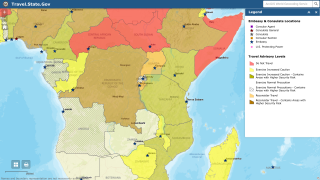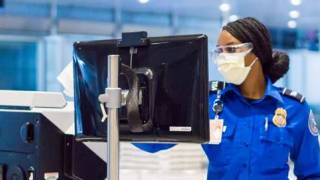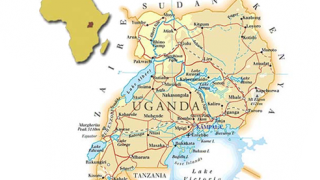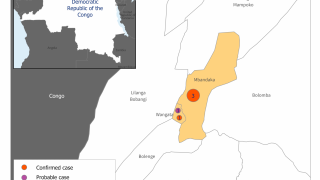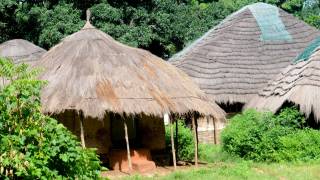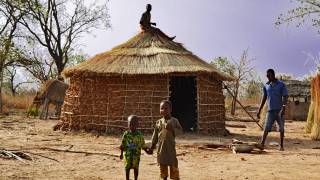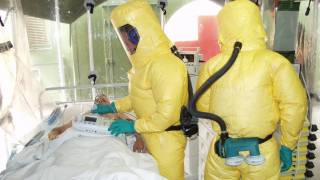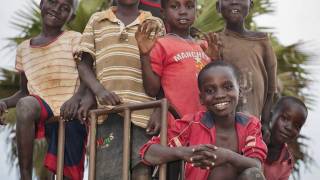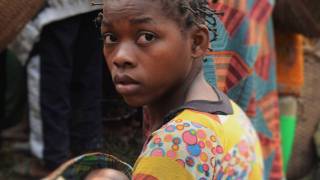Ebola Outbreak in Africa Reports 629 Deaths

The 2nd worst Ebola Zaire virus outbreak in history is continuing to create extensive uncertainty in the Democratic Republic of Congo (DRC).
As of March 25, 2019, the death toll in the DRC has reached 629 individuals from this Ebola Zaire outbreak, which began in August 2018, according to a statement issued by the Congolese Health Ministry.
The worst Ebola outbreak in history killed over 11,000 people in West Africa between 2014 and 2016, reported the World Health Organization (WHO).
Moreover, 38 of 130 affected areas in the DRC have active Ebola transmissions.
“As we mourn the lives lost, we must also recognize that thousands of people have been protected from this terrifying disease,” said Dr. Matshidiso Moeti, WHO Regional Director for Africa, in a press release.
“We have saved thousands of lives.”
The WHO also reported more than 96,000 people in the DRC have been vaccinated against Ebola with the Merck’s v920 vaccine candidate, along with health workers in Uganda and South Sudan.
V920 (rVSV-ZEBOV) is a recombinant, replication-competent vesicular stomatitis virus-based candidate vaccine.
To alert international travelers, the US Centers for Disease Control and Prevention (CDC) expanded its Level 2 Travel Alert regarding the Ebola Zaire outbreak in the North Kivu and Ituri provinces of the DRC.
This expanded Travel Alert, Practice Enhanced Precautions, published on March 6, 2019, says ‘travelers to the DRC could be infected with Ebola if they come into contact with an infected person’s blood or other body fluids.
Additionally, travelers leaving the Ebola outbreak area may be subject to travel restrictions or monitoring by ministries of health in other countries and should check in advance for any requirements.
Moreover, any person with possible exposure or Ebola-like symptoms will not be allowed to travel, unless the travel is part of a coordinated medical evacuation.
Additionally, the US State Department updated its Level 3 Travel Advisory on January 31, 2019, said 'Do not travel to the eastern DRC and the Kasai provinces.'
Although the risk for contracting Ebola is low for most travelers to DRC, other infectious disease risks remain high, including the risk for malaria.
As of November 2018, nearly 50 percent of people screened in the DRC Ebola treatment centers have been found to have malaria, said the WHO, in a press release.
The CDC says travelers should get recommended vaccines before travel, take medicine to prevent malaria and avoid bug bites, and follow other precautions to stay healthy and safe, such as following food and water precautions.
The CDC says travelers should seek medical care immediately if they develop fever, headache, body aches, sore throat, diarrhea, weakness, vomiting, stomach pain, rash, or red eyes after traveling to the DRC.
Before you go to a doctor’s office upon your return to the USA, call ahead and tell the doctor about your recent travel to the DRC and any symptoms you may have.
To schedule a travel vaccination counseling session with a local pharmacy or doctor, please visit Vax-Before-Travel.
Our Trust Standards: Medical Advisory Committee




